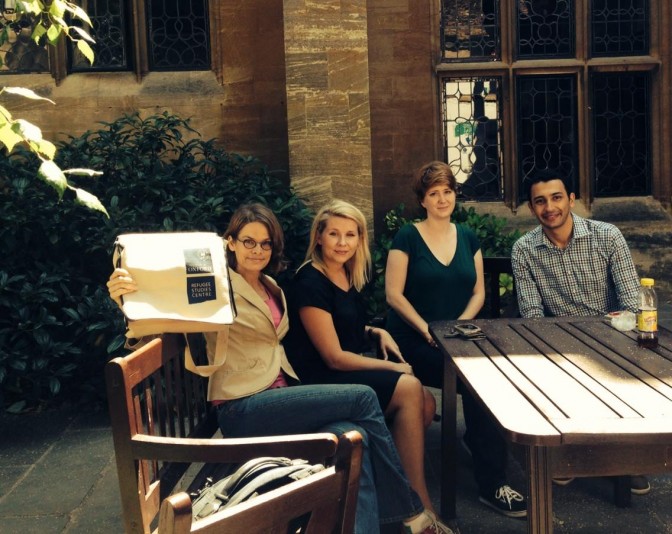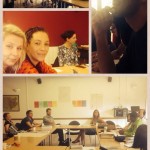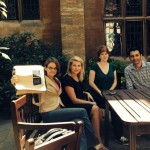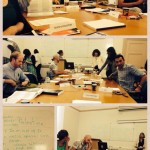In July 2014 Tuuli Karjala attended the University of Oxford International Summer School in Forced Migration. Here is her story.
Pre-departure:
Due to the fact that I am in the possession of an EU passport, I did not have to apply for a visa to travel to the UK for the summer school. However, if I had to apply for a visa, the best way to acquire the required information for the visa is to be directly in touch with the institution arranging the summer school and ask for their assistance, for example, with regards to the issuing of the required letter of invitation.
Furthermore, I found it very useful to find out beforehand about the travel arrangements to the actual Summer School destination from the nearest airport. For example, due to being a student I was able to purchase a Student Coach Card, which gave me a third off of all of my travels by coach in the UK during my time there. Similarly, with regard to transport, I found that as a student I would have been entitled to a special Student Rail Card, which would have given me a third off of all of my travels by train in the UK. Overall, it is advisable to take one’s student card with, as in many European countries students can usually get discounts with regard to many of their purchases with the show of a valid student card.
Experience at Summer School:
During the International Summer School in Forced Migration I gained a deeper knowledge of a variety of issues relating to forced migration. The academic programme of the summer school included political, legal and anthropological elements of forced migration, the effect of globalisation on forced migration, the interplay between asylum policies and international refugee law, subsidiary/complementary protection of refugees, protection in situations of mass influx, negotiation of institutional responses, human smuggling and trafficking, and the position of Palestinian refugees as well as that of internally displaced persons (IDPs) under international law.
In addition to the formal academic programme, I gained a deeper understanding of the practical side of refugee protection in the field through my numerous discussions with the other summer school attendees, many of whom were practitioners working for organisations such as UNHCR, MSF and ICRC.
Overall, spending three weeks in the International Summer School in Forced Migration with over 70 academics and practitioners from all around the world, all focusing on the issues of refugee protection was a unique opportunity to exchange experiences and ideas with regard to the current state of international refugee protection in the world.
Return:
Due to the interdisciplinary approach of the International Summer School in Forced Migration and the examination of all the fields impacting refugee flows (legal, political and anthropological) my attendance in the Summer School has enriched my doctoral research and has enabled me to include areas of refugee protection (such as subsidiary protection) in my doctoral research that I had not considered before. Furthermore, during the three weeks that I spent at the summer school I made strong contacts with the other participants, which have remained active since the end of the summer school and will be undoubtedly very important in the future.
Due to the discussions that I had with the other participants in the summer school, I have also begun to consider a career in one of the international organisations focusing on refugee protection after I have finished my studies. Overall, in addition to the academic programme, I consider having the chance to network with the other participants as one of the main outcomes of the Summer School.






